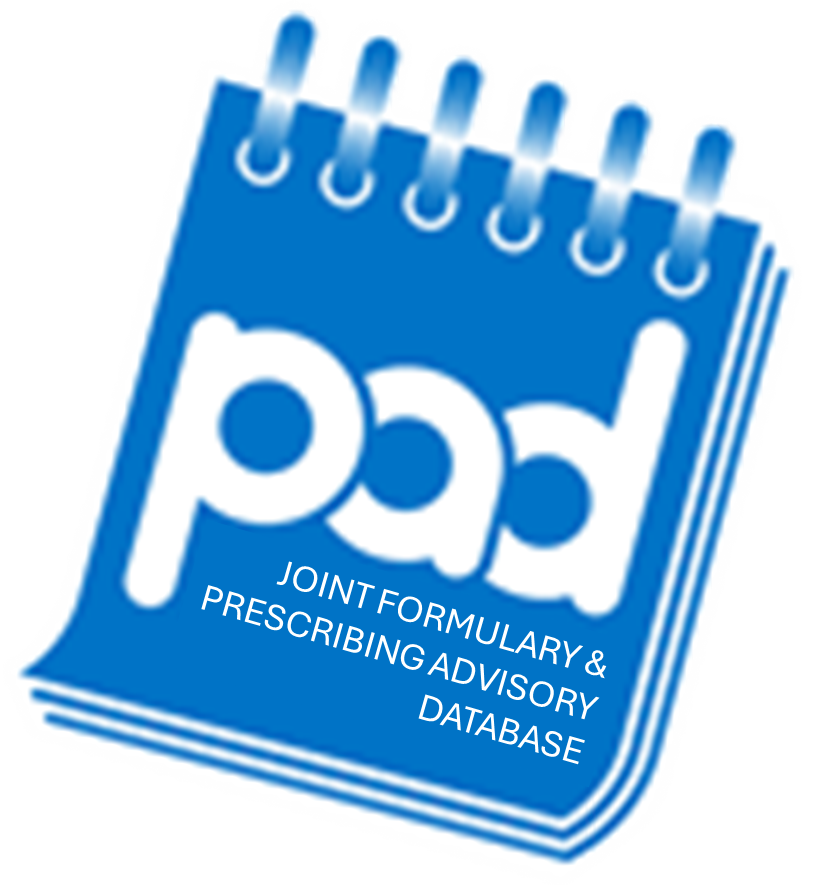
Dental conditions
You are here : Home > Formulary Search > Dental conditions
Documentation
Drugs
Below are listed all drugs that are used to treat Dental conditions.
- No records returned.
Committee Recommendations (1)
In line with NHS England’s guidance on conditions for which over the counter items should not be routinely prescribed, NHS Surrey Heartlands Integrated Care System Area Prescribing Committee does not support the routine prescribing of medicines or preparations for dental conditions (including toothpastes such as Duraphat®, ulcer healing preparations, antibiotics and analgesics) on GP FP10 prescriptions except in the following circumstances:
- After head and neck cancer treatment on the recommendation of a Head & Neck or Restorative Dental Consultant; OR
- For patients receiving palliative care as part of ongoing symptom control.
This is because:
Dentists are usually best placed to assess dental problems and prescribe and monitor medicines to treat them.
High concentration fluoride toothpaste is an effective preventative intervention for those giving concern to their dentist and are at particular risk of developing dental decay.
The use of high concentration fluoride toothpaste should be a part of other professional oral health promotion interventions. Patients using high concentration fluoride toothpaste should be under the care of a dentist.
If a GP prescribes medicines for dental conditions, the GP is then responsible for both the prescribing and any consequent monitoring required, for which they may not be the most appropriate clinical practitioner.
GPs should consider discontinuing the prescribing of dental products, and recommend patients purchase over the counter as self-care or visit their dentist for advice and prescribing, where appropriate. However, as with all prescribing interventions, individual patient circumstances need to be borne in mind.
Dentists must signpost patients to purchase products or issue prescriptions (NHS or private) for medicines to meet the identified dental needs of their patients. If a patient receives treatment as a private patient, they must always be given a private prescription.